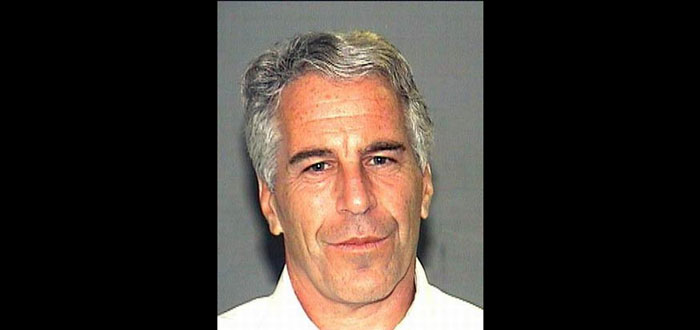Professor Cheryl Bader provided legal context to Fox news on how Jeffrey Epstein may have been able to exploit discrepancies in the National Sex Offender Registry.
“Jeffrey was able to get around some of the registration requirements because he claimed his residence was in the Virgin Islands and his plea deal allowed him to take advantage of a loophole in New Mexico,” Cheryl Bader, a former federal prosecutor who teaches criminal law at Fordham Law School, told Fox News. “The national registry is a compilation of information, so its accuracy depends on how compliant each jurisdiction is with maintaining and updating records.”
…
Federal law has divided convicted sex offenders into three “risk” categories. “Risk one” generally has mandated a 20-year registration period, with “risk two” and “risk three” violators cataloged for life. In 2006, the Sex Offender Registry and Notification Act (SORNA) purported to close existing discrepancies between states by establishing a national standard, with states threatened with the loss of federal funding for failing to comply.However, several states have pushed back against such standards — and in some cases, the auditing processes have been tied up in red tape and lack of oversight. And, according to Bader, despite the national standard, “jurisdictions have different rules in place about registration requirements, notification of address change and whether neighborhood residents will be proactively notified.”
“Many states require lifetime registration, others are laxer and less compliant with updating records and notifications because of the economic cost,” she added. “Other states prefer individualized risk assessment tools to the rigid standardized federal methodology.”
Additional media coverage on this topic:
Experts: Epstein Took Advantage of Sex Offender Law Loopholes

